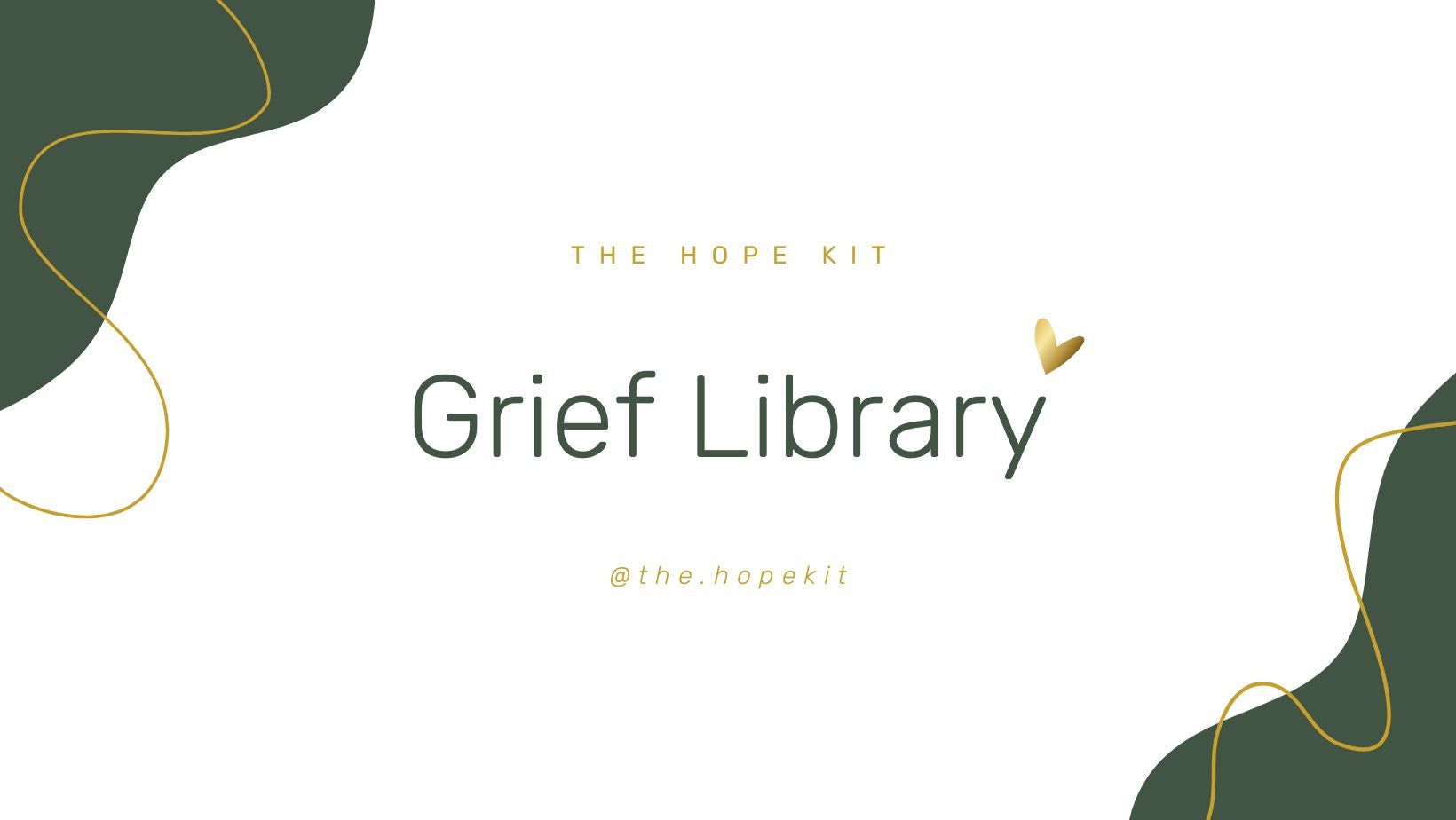Losing a loved one is an earth-shattering experience that leaves us shattered and searching for meaning in the darkest of times. The weight of grief is an unbearable burden, and finding solace amid such devastation can seem like an impossible task. However, through patience, self-compassion, and the support of others, we gradually heal and learn to embrace life once again. The journey is long and fraught with challenges, but it is a path that will ultimately lead to hope and healing.
- How can I deal with my grief and find hope and healing after losing my wife to cancer?
As someone who has lost my wife to cancer, I've learned that there is no one-size-fits-all approach to grief. The grieving process can take two to three years or more, and it's crucial not to let anyone pressure you to stop grieving. Grief never truly goes away, but eventually, memories bring more smiles than tears and the future appears more hopeful. Sharing your grief with others and allowing yourself to feel your emotions can be healing. Surround yourself with healing people who are empathetic and understanding, and be patient with yourself throughout the process.
- How can I avoid comparing my grief to someone else's?
From my own experience, it's important to remember that everyone grieves differently, and there is no set time or method for grieving. When sharing your grief with others, refrain from comparing your experience to theirs. As a grieving father once said, "Grief is a process, not a race." Give yourself as much time as you need and grieve however you need to grieve, without measuring your own grief by someone else's calendar or rules.
- How can I deal with my anger during the grieving process?
It's essential to recognize, accept, and express your anger to deal with it effectively. Anger is a natural human emotion, and it's not always irrational. You can express your anger by talking or writing about it and sharing it with a healing person. Remember that anger can be a healing experience, and it's understandable to be angry with various targets, even with God.
- How can I deal with the guilt that comes with grief?
To let go of guilt, you must first identify and admit it, and then talk or write about it. Recognize that you are human and forgive yourself. Pray for help in gaining perspective on your guilt. Understand that guilt is a temporary emotion that should not become a permanent burden.
- How can I cope with the loneliness that comes with grief?
Although solitude is needed during grief, too much isolation can lead to despair. It's important to connect with other people, even in small ways, such as accepting invitations, calling someone who has also experienced a loss, or joining a grief support group or church activity. Gradually build or renew relationships with others to avoid isolation and remember that Jesus promises to never leave or forsake us.
- How can I deal with unexpected upsurges of grief?
Expect sudden upsurges of grief and allow them to happen. Experience the emotions and let the tears flow, as it is the most healing thing one can do. Remember that having sudden upsurges of grief means you have feelings and are human, and it is a part of the grieving process. Grief comes in waves, and it's normal to feel like you're sliding backward at times, but the wound inside is gradually healing.
- How can I encourage people to talk about my loved one who has passed away?
If people around you are hesitant to bring up your loved one, take the initiative and let them know it's okay. You can share stories about your loved one and invite others to do the same. Remember that talking about your loved one, laughing, and crying together can be healing for everyone involved.
- How can I know when the time is right to make certain decisions after losing my loved one?
Deciding when to take action on emotionally charged decisions should be based on when it feels right to you, rather than when someone else tells you it's time. You can talk to a trusted friend to help you
In conclusion, the process of grieving is one of the most arduous and heart-wrenching journeys we can endure. The pain may seem insurmountable, but with time, support, and understanding, we can find solace in the memories of our loved one and create a new path towards hope and healing. Embrace the emotions that come with grief, and remember that each person's journey is unique. As you navigate the complexities of loss, know that you are not alone and that pain may never completely vanish, it will become more manageable with time. In the end, the love and memories you shared with your departed loved one will be an everlasting testament to their life and the profound impact they had on your own. With every step forward, you will find new ways to honor their memory and cherish the time you spent together, gradually transforming the darkness of loss into a renewed sense of hope and healing.
Thanks
"The Hope Team"




